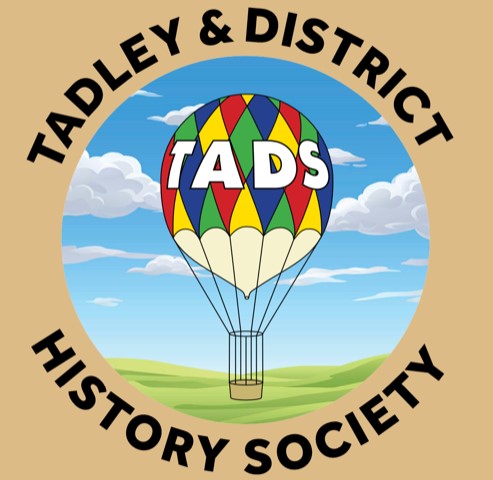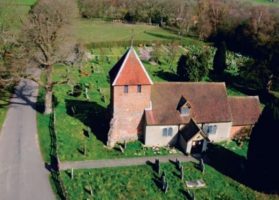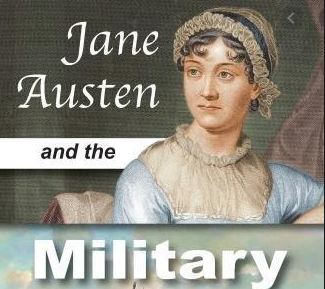Tadley and District History Society provides monthly external talks on history related topics at 8 pm on the third Wednesday of the month. This months online talk on Aug 19th 2020 was by Rupert Mathews.
Rupert had come up with what might seem a very strange slant on the writings of Jane Austen the famous Hampshire author, but when she was writing during the years 1795 to 1815 the country was in the midst of about 22 year of war. Britain had an army of 160,000 men (twice today’s number), 300 ships, all for a population of only 14 million versus today’s 66 million. It is therefore not in the least surprising that her books have military figures in them. Rupert gave us many examples:
Sense and Sensibility (1797)
This book has Colonel Brandon who exchanges a commission with another officer in order to go abroad. This was quite possible at the time.
Pride and Prejudice (approx 1800).
George Wickham is in the Militia. The Militia were not regular army and were paid by the day when on duty. The officers generally lost money as they had to provide expensive uniforms and their own horses, so they generally came from the big houses. Wickham was an outsider and had to live on credit. He is depicted as a charming person, but Austen gives enough clues for the reader to realise that he is a bounder.
Colonel Fitzwilliam is a friend of Darcy and on leave from the regular army. He is only 30 years old, which was very young to be a colonel even in those days, but as the younger son of an Earl he would have gained promotion by purchase of commissions. It was £4500 for a colonel after a total of £6150 to rise through the lower ranks. A great deal of money.
Mansfield Park (1812).
William Price the older brother of Fanny Price (impoverished) is trying to get promotion from Midshipman (board and uniform but no pay). Promotion was by a 4 hour interview board in front of 3 very senior officers. The Price father is a disabled ex-marine on half pay. – Promotion in the marines was on merit.
Emma (1814).
Mr Weston is a yeoman farmer/estate owner in Surrey (poor farm lands). He had left the army which was a step down in society. Army Officers in the foremost regiments came from the cream of society, the officers in the county regiments came from land owners and the gentry.
Persuasion (1815)
Frederick Weston and prize money. (Jane had a brother in the Navy). The book features the naval battle of St. Domingo in 1806 at which the British captured 65 cargo ships as prizes. The prize money was split top to bottom – the Fleet Admiral got ¼ , Captains ¼, and so on down to the lowest sailors. All the officers were promoted one rank. Wentworth got £25,000, so it is assumed Jane’s brother got something similar. There are other Naval references in the book probably relating to her brother’s life.
Rupert’s overall conclusions is that Jane Austen’s writings on military matters are on the whole accurate and give a good portrayal of the presence of the military in the society of the time.
Review by Richard Brown

Rupert Mathews was educated at Esher Grammar School and worked as a freelance writer and journalist. He has written over 170 books on history, ghosts, guides to the UK and children’s stories. Matthews is the editorial director of Bretwalda Books. He has also run an online course about the paranormal for the International Metaphysical University.


